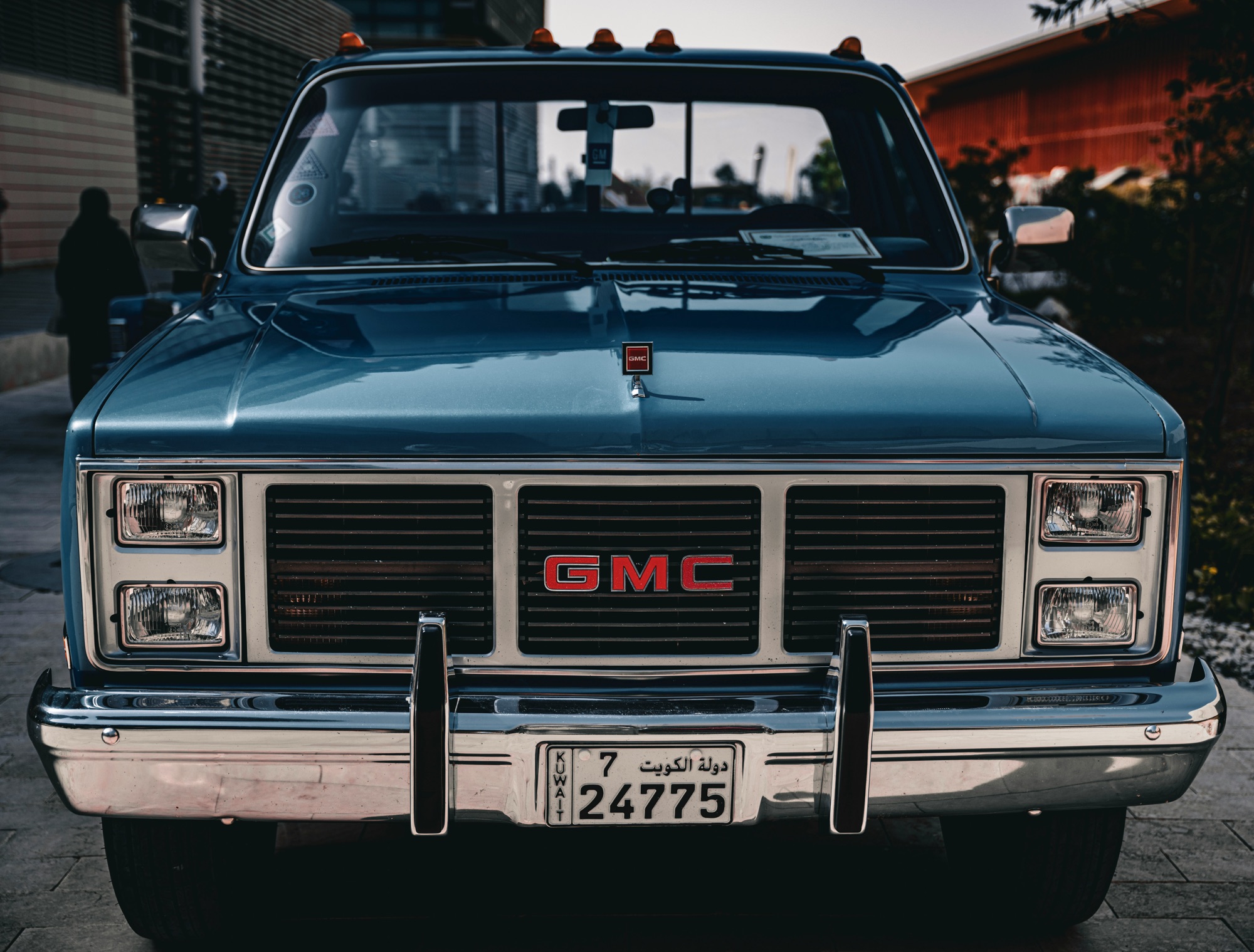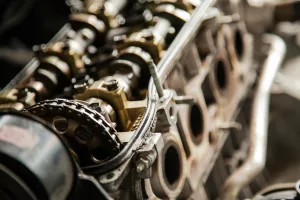The American love affair with pickup trucks is a phenomenon that has grown significantly over the years. What began as a utilitarian vehicle for farmers and laborers has evolved into one of the most popular and versatile types of vehicles in the United States. Today, pickup trucks dominate the top-selling vehicle charts, with models like the Ford F-150, Chevrolet Silverado, and Ram 1500 consistently ranking among the best-selling vehicles nationwide. But what drives this obsession? This article explores the cultural, economic, and practical reasons behind Americans’ deep attachment to pickup trucks.
- Historical Roots of Pickup Truck Popularity
The Origins of the Pickup Truck
The history of the pickup truck in America dates back to the early 20th century, when automakers began converting passenger cars into utility vehicles by adding cargo beds. The first mass-produced pickup truck was the Ford Model T Runabout with Pickup Body, introduced in 1925. These early trucks were marketed to farmers and tradespeople as versatile vehicles capable of hauling heavy loads.
The Growth of the American Suburb
After World War II, the rise of the American suburb fueled the popularity of pickup trucks. As more Americans moved to suburban and rural areas, the need for versatile vehicles that could handle both work and recreational activities grew. Pickup trucks became a symbol of self-reliance, independence, and the American dream of owning land and property.
Industrial Growth and Infrastructure Development
The boom in infrastructure projects and industrial growth post-WWII also played a critical role. With more roads, bridges, and buildings to construct, the demand for reliable work vehicles surged. Pickup trucks were the perfect solution, combining the ability to transport tools and materials with the ruggedness needed for construction sites.
- Cultural Significance of Pickup Trucks
Symbol of American Ruggedness and Individualism
Pickup trucks are deeply embedded in American culture as symbols of ruggedness, independence, and self-sufficiency. The image of the tough, hardworking individual driving a pickup truck resonates with traditional American values. This cultural identity has been reinforced through decades of marketing campaigns that portray pickup trucks as essential tools for those who work the land, build things, and face challenges head-on.
The Influence of Pop Culture
Country music, Hollywood movies, and advertising have all played a significant role in glamorizing the pickup truck. Country songs often celebrate trucks as symbols of freedom, rural life, and masculinity. In movies and TV shows, the pickup truck is frequently depicted as the vehicle of choice for the tough, no-nonsense hero. This association with strength and resilience has made pickup trucks more than just vehicles; they are cultural icons.
Marketing Strategies and Iconography
Automobile manufacturers have tapped into this cultural symbolism with targeted marketing strategies. Ford’s “Built Ford Tough” slogan, for instance, directly appeals to the rugged, hard-working image. Advertisements often feature pickup trucks navigating challenging terrains or towing impressive loads, reinforcing their robust persona.
- Practicality and Versatility
Multi-Functional Capability
One of the main reasons for the widespread appeal of pickup trucks is their versatility. A pickup truck can serve as a daily commuter, a work vehicle, and a recreational vehicle all in one. The large cargo bed allows for easy transportation of goods, whether for work, home improvement projects, or outdoor adventures. Many modern trucks also offer a high level of comfort and luxury features, making them appealing even to those who don’t necessarily need the hauling capability.
Towing and Off-Roading Abilities
Pickup trucks are also favored for their towing capacity and off-roading capabilities. For outdoor enthusiasts who enjoy activities like boating, camping, and off-roading, a pickup truck is an ideal choice. The ability to tow heavy trailers, boats, or campers adds to the practicality of owning a truck. Additionally, many pickups come equipped with four-wheel drive and rugged suspension systems, making them suitable for a wide range of terrains.
Real-World Applications and Examples
Consider the example of a small business owner who frequently needs to transport equipment and supplies. A pickup truck serves as a mobile workstation, storage area, and transport vehicle, all in one. Or take the weekend warrior who uses their truck to haul a camper to remote locations—pickup trucks make these activities not just possible, but convenient.
- The Evolution of Pickup Truck Design
From Workhorse to Lifestyle Vehicle
Over the decades, pickup trucks have transformed from basic, utilitarian workhorses into lifestyle vehicles with high-end features. Modern trucks offer a blend of luxury, technology, and performance that rivals many premium sedans and SUVs. Features like heated leather seats, advanced infotainment systems, driver-assistance technologies, and premium sound systems have made trucks more comfortable and attractive to a broader audience.
Family-Friendly Configurations
The introduction of crew cab models with four full-sized doors and spacious back seats has broadened the appeal of pickup trucks. These configurations make trucks more family-friendly, allowing them to serve as primary vehicles for households. The ability to comfortably fit five or six passengers, combined with the practicality of a large cargo bed, makes pickup trucks ideal for both family life and recreational use.
Technological Innovations and Trends
Modern pickups are equipped with state-of-the-art technology, from adaptive cruise control to smartphone integration. The inclusion of hybrid and electric models is reshaping perceptions, offering environmentally-conscious buyers an option that aligns with their values. The shift towards greener technologies demonstrates the industry’s responsiveness to market demands and environmental concerns.
- Economic and Market Factors
Affordability and Financing Options
The American automotive market is heavily skewed toward trucks and SUVs, partly due to favorable financing options and incentives from manufacturers. Although the sticker prices of full-size trucks can be high, aggressive financing deals, low-interest loans, and extended warranties make them more accessible. Additionally, leasing options have allowed more consumers to afford high-end models with premium features.
Resale Value and Durability
Pickup trucks generally hold their value better than most other types of vehicles. The strong demand for used trucks and their reputation for durability contribute to high resale values. For many buyers, this makes trucks a sound investment. The perception that trucks are built to last also plays a significant role in their popularity. Many truck owners expect their vehicles to handle tough conditions and last for hundreds of thousands of miles.
Market Dynamics and Consumer Preferences
Pickup trucks account for a significant portion of the automotive market, with some estimates suggesting they make up nearly 20% of all vehicles sold in the U.S. annually. This demand influences manufacturers to prioritize truck models, leading to a cycle of production that meets consumer preferences for size, strength, and style.
- The Social Aspect: “Truck Culture” in America
Community and Identity
Pickup trucks are more than just vehicles for many Americans; they are an integral part of their identity and lifestyle. There is a strong sense of community among truck owners, often seen in the form of truck clubs, events, and online forums. Customization and aftermarket modifications are also popular, allowing owners to personalize their trucks to suit their style and needs.
Status and Prestige
In some regions of the United States, owning a full-size truck is a status symbol. Larger, more powerful trucks are often seen as a sign of success and capability. For some, the size and power of a truck convey a sense of authority and confidence. The prestige associated with driving a well-equipped, high-end truck is a key factor in its desirability.
Customization and Personalization
The aftermarket industry for trucks is booming, with options for lift kits, custom paint jobs, and performance enhancements. This allows owners to express their personalities and meet specific needs, whether it’s for aesthetic appeal or improved functionality. Enthusiasts often gather at events to showcase their modified trucks, fostering a sense of community and shared passion.
- Environmental Considerations and Future Trends
Environmental Impact
The environmental impact of pickup trucks is a growing concern, particularly regarding fuel consumption and emissions. Traditional trucks are often criticized for their lower fuel efficiency compared to smaller vehicles. However, the industry is responding with advancements in hybrid and electric truck models, designed to improve efficiency and reduce carbon footprints.
The Rise of Electric Pickup Trucks
The introduction of electric pickup trucks, like the Ford F-150 Lightning and the Tesla Cybertruck, marks a significant shift in the landscape. These vehicles promise the power and capability of traditional trucks while offering more sustainable energy solutions. As technology advances, electric trucks are expected to become more mainstream, appealing to environmentally-conscious consumers without sacrificing performance.
Balancing Tradition and Innovation
Manufacturers face the challenge of balancing traditional truck features with innovative, sustainable technologies. This equilibrium is crucial to maintaining the appeal of trucks while addressing environmental concerns. As consumer awareness grows, manufacturers that successfully integrate eco-friendly advancements without compromising on power and utility will likely lead the market.
The American obsession with pickup trucks is driven by a combination of cultural significance, practicality, and market dynamics. Pickup trucks represent freedom, independence, and ruggedness—qualities that resonate deeply with American values. They also offer unmatched versatility, serving as tools for work, recreation, and family life. As pickup trucks continue to evolve with more luxury features and better fuel efficiency, their appeal is likely to remain strong for years to come. For many Americans, a pickup truck is more than just a vehicle—it’s a symbol of a lifestyle and identity that prioritizes toughness, versatility, and individuality. This deep connection, along with practical advantages and market factors, explains why pickup trucks remain at the heart of the American automotive landscape.




